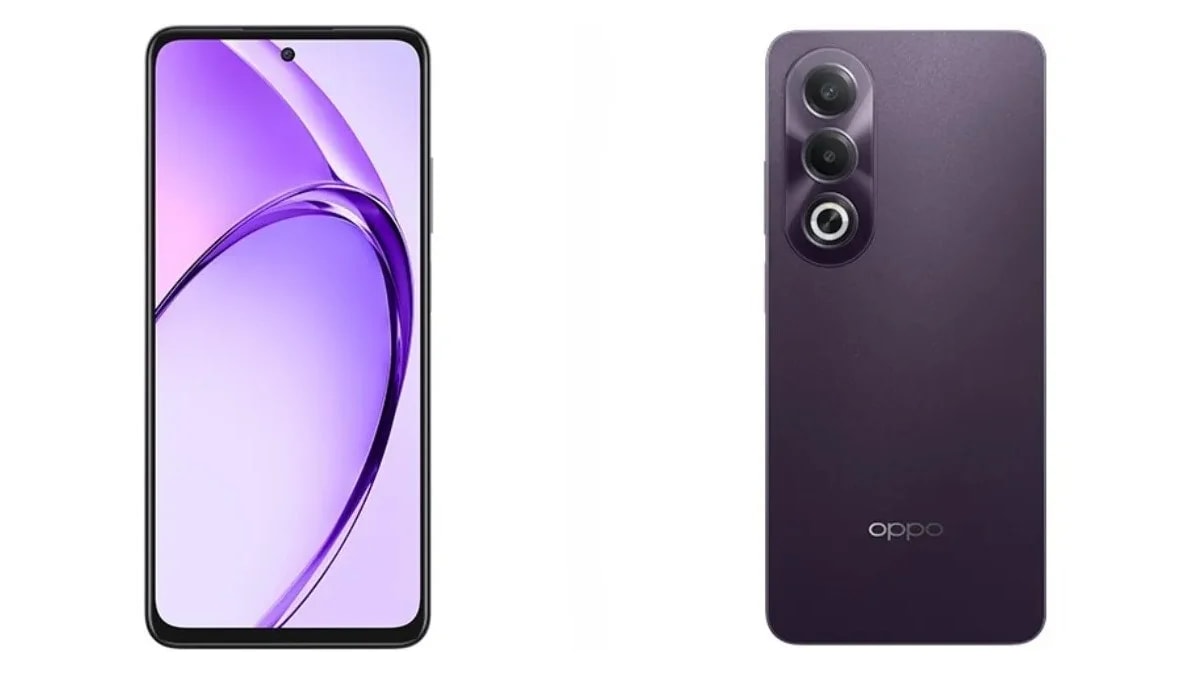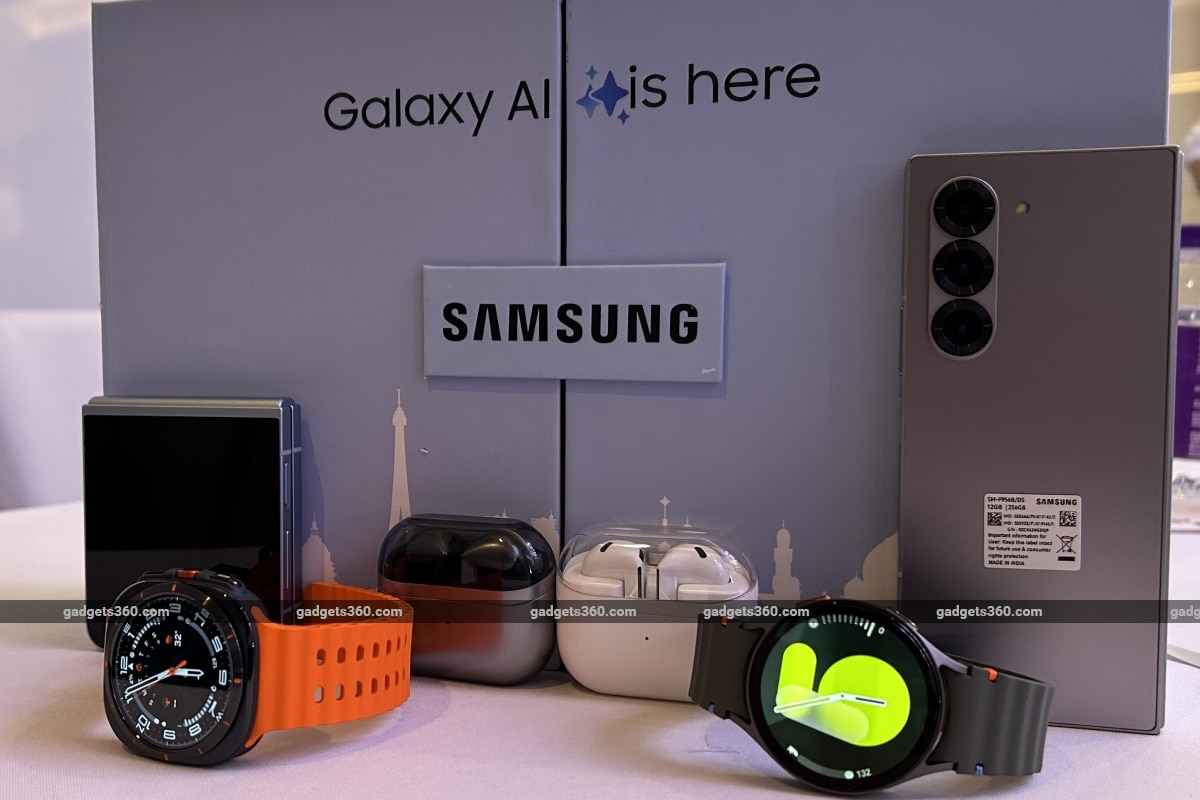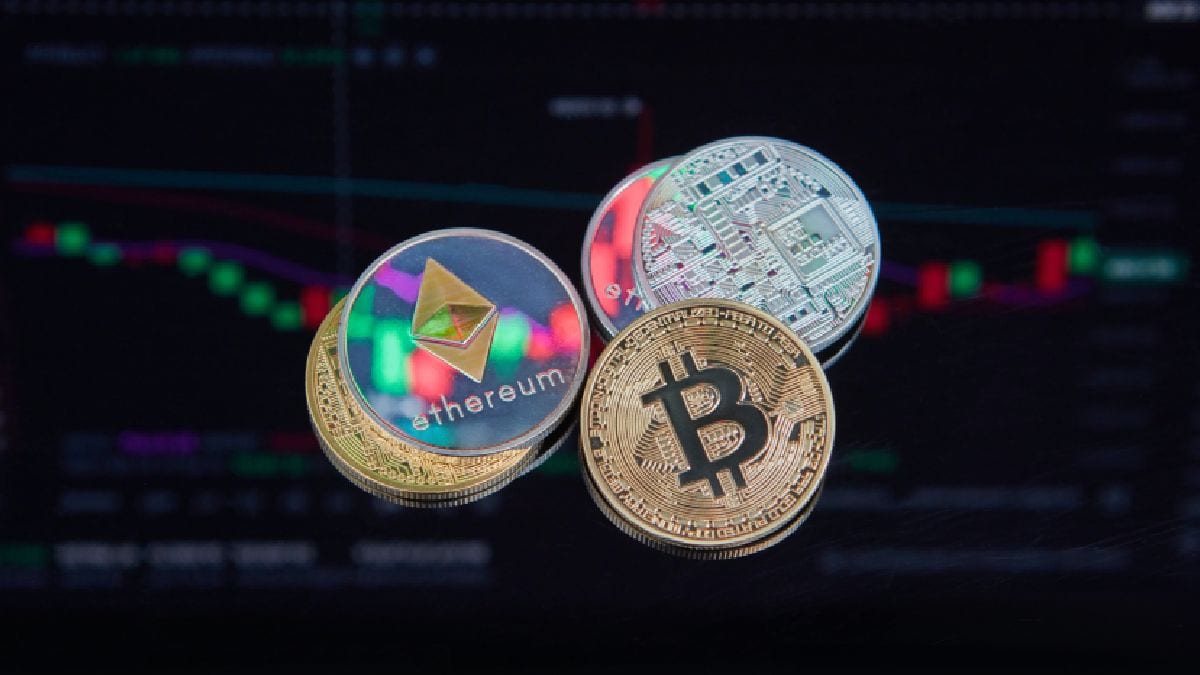How Does the Play Store Rank Apps? Decoding the Algorithm
As the digital marketplace for Android users, the Google
Play Store hosts millions of apps, making it crucial for app developers to
understand how their creations are ranked. The Play Store employs a
sophisticated algorithm to determine app rankings, influencing the visibility,
discoverability, and ultimately, the success of an app. In this article, we’ll
delve into the factors that contribute to app rankings on the Play Store.
Table of Contents
- Introduction
- Importance
of App Rankings - Key
Factors Influencing App Rankings - App
Title and Description - App
Downloads and Ratings - User
Engagement and Retention - App
Updates and Frequency - App
Performance and Stability - User
Reviews and Feedback - Localization
and Target Audience - Conclusion
- FAQs
- Can
paid apps rank higher? - Is
it possible to improve app rankings quickly? - How
does the Play Store algorithm differ from the App Store?
1. Introduction
The Google Play Store ranking algorithm is designed to
provide users with the best possible app experiences by promoting high-quality
and relevant apps.
2. Importance of App Rankings
Higher app rankings lead to increased visibility, resulting
in more downloads and user engagement. Therefore, understanding the ranking
factors is essential for app developers aiming to succeed in the competitive
app landscape.
3. Key Factors Influencing App Rankings
Several factors contribute to how the Play Store ranks apps:
4. App Title and Description
An app’s title and description should be clear, concise, and
accurately represent its functionality. Including relevant keywords can improve
visibility in search results.
5. App Downloads and Ratings
The number of downloads and average user ratings play a
significant role. Apps with higher download numbers and positive ratings tend
to rank higher.
6. User Engagement and Retention
Apps that engage users and keep them coming back are
favored. Metrics like session duration, frequency of use, and user retention
rate impact rankings.
7. App Updates and Frequency
Regular updates demonstrate a commitment to improving the
app. The Play Store algorithm considers the frequency and significance of
updates.
8. App Performance and Stability
Apps with minimal crashes, bugs, and performance issues are
more likely to rank well. User complaints about crashes can adversely affect
rankings.
9. User Reviews and Feedback
Positive user reviews and constructive feedback can boost an
app’s ranking. Addressing user concerns and continually improving the app based
on feedback is crucial.
10. Localization and Target Audience
Apps that are optimized for different languages and tailored
to specific regions can have an advantage. Localization shows the app’s
relevance to a global audience.
11. Conclusion
The Google Play Store algorithm is a complex interplay of
various factors. App developers should focus on creating valuable, user-centric
apps that deliver a seamless experience to improve their chances of ranking
higher.
12. FAQs
Can paid apps rank higher?
Paid apps aren’t given preferential treatment in rankings.
App quality and user satisfaction matter more.
Is it possible to improve app rankings quickly?
Improving app rankings takes time and sustained effort.
Avoid shortcuts like buying reviews or downloads, as these can lead to
penalties.
How does the Play Store algorithm differ from the App
Store?
While both stores have their own algorithms, they share
similarities in considering factors like downloads, ratings, and engagement.
However, their specific algorithms are proprietary.










